
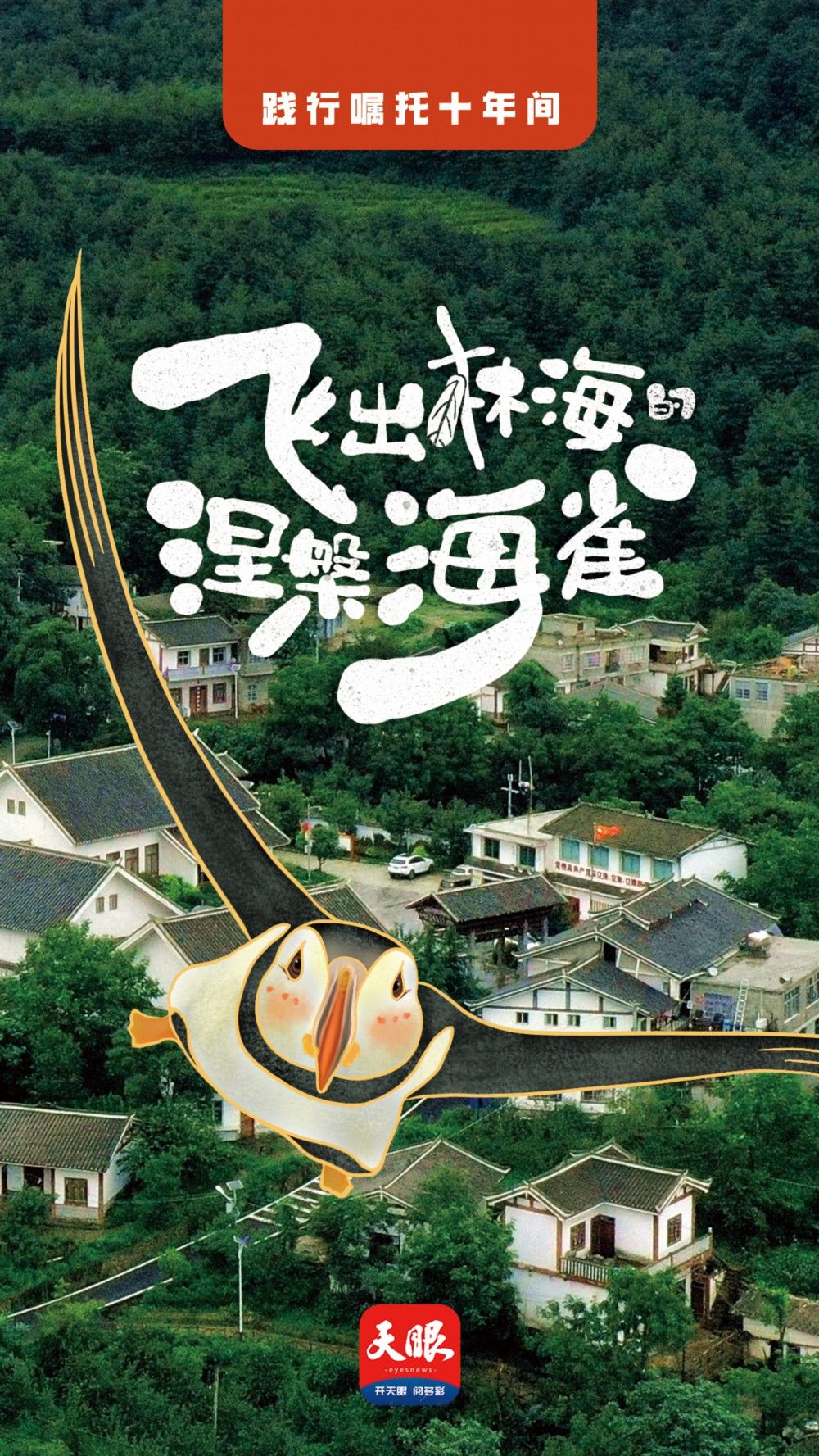
Design by Nie Jingwen
In 1987, I was a skinny little puffin and flew to Puque Village, Yi and Miao Township, Hezhang County, Guizhou Province, which is the same name as me.
The hills here are barren and the village is poor. I can’t find a place to build a nest, nor can I find rice grain I can steal. I stand on the precarious “chacha house” and listen to the villagers talking about how to overcome this winter. .
Looking at the barren mountains, I don’t know if I can get through this harsh winter.
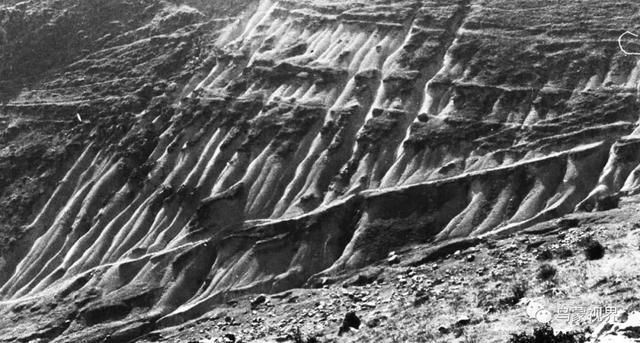
The former Puque Village was ecologically fragile, with barren hills everywhere.
But I’m so thin that I can’t fly to Puffin Village. When I was desperate, I saw more than a hundred people walking into the mountains with saplings and shovels. Everyone called the leader “Secretary Wen Chaorong”. They work every day at sunrise, rest at sunset, and plant trees on the mountain every day. With that energy, they seem to turn the barren hills into forests in one breath.
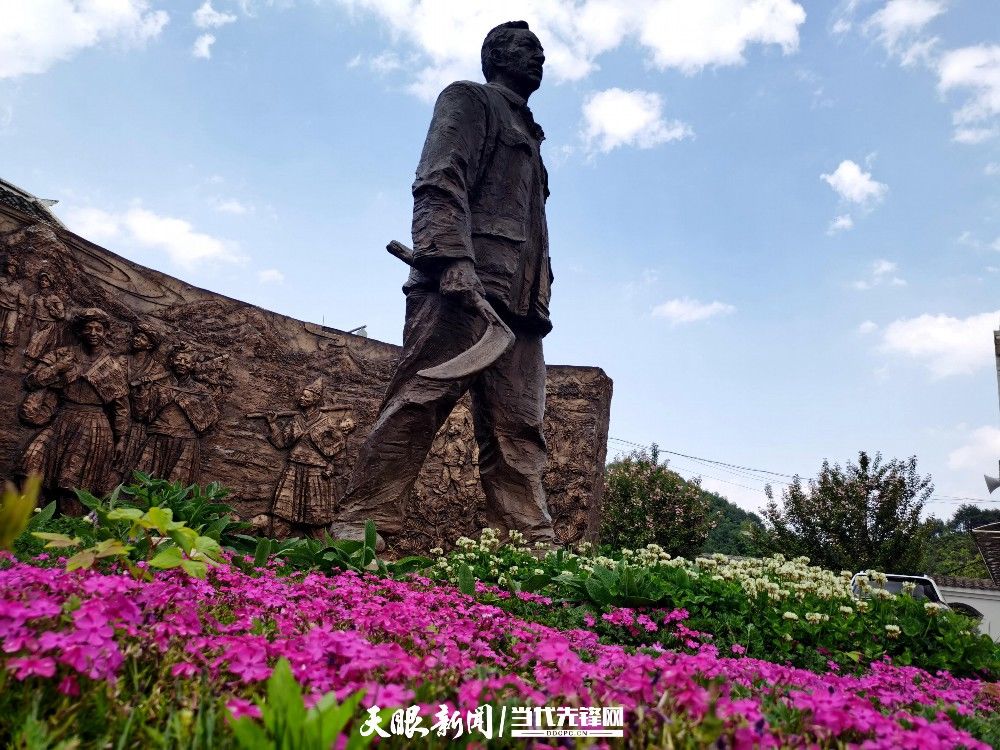
The statue of Wen Chaorong. Jacky Lee/Photo
Looking at the trees planted, I seem to see hope this winter. On a tree planted by Wen Chaorong, I built a nest.
Day after day, year after year. By 1990, the planted saplings began to take root and grow, and I saw the villagers in groups of three, patrolling the mountains according to their schedules.
Secretary Wen also took the lead as a volunteer forest ranger, guarding the forest with the villagers, preventing livestock from trampling on underage saplings and seedlings, and preventing forest fires and illegal logging.
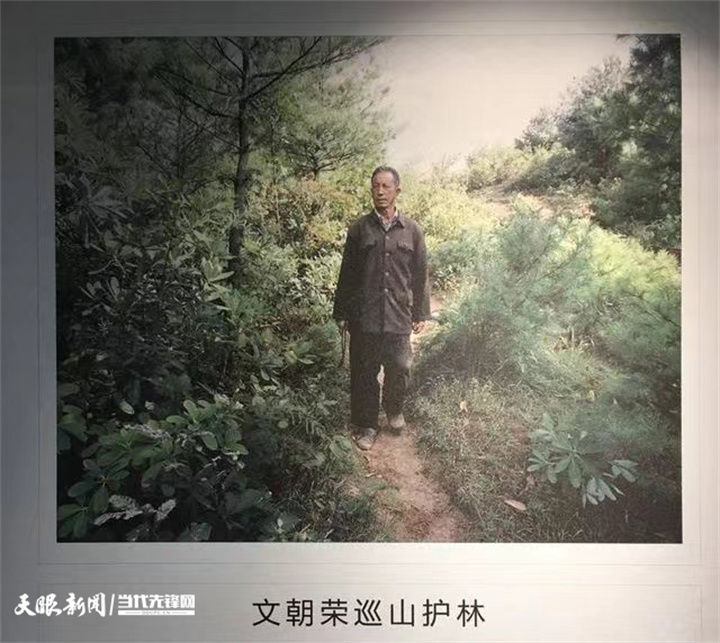
Wen Chaorong patrolling the mountains
“It is strictly forbidden to grazing in the forest area; it is strictly forbidden to destroy forests to open up wasteland; it is strictly forbidden to set fire to the mountains;
Under the concerted efforts of everyone, Huashan pine and Masson pine grow freely here. The Puque Village, which was surrounded by barren mountains, had 13,400 acres of green sea. And the nest I was swaying on the twigs is long gone, and I have a solid home in the dense woods.
In 2004, Wen Chaorong’s second son, Wen Zhengyou, took over his father’s responsibility after following his father to manage the ecology for many years, and served as the village party secretary of Puque Village.
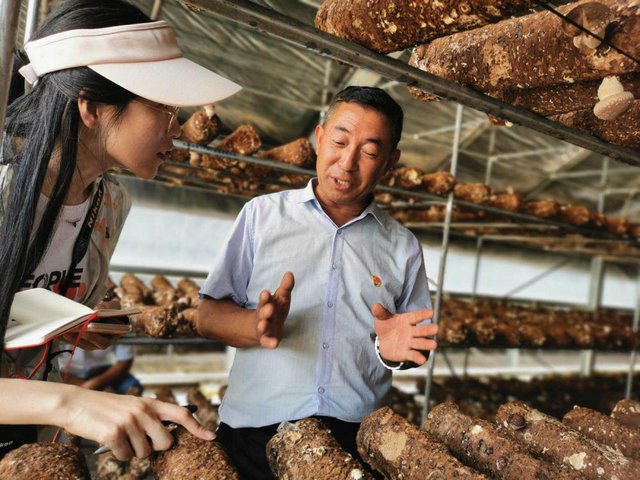
Wen Zhengyou introduced the cultivation of edible fungi. Wang Qin/Photo
In recent years, he has led the villagers to turn green waters and green mountains into mountains of gold and silver. The houses with white walls and gray tiles in the northwest of Guizhou are looming in the surging forest. I flew on the roof to hear their laughter about a better future.
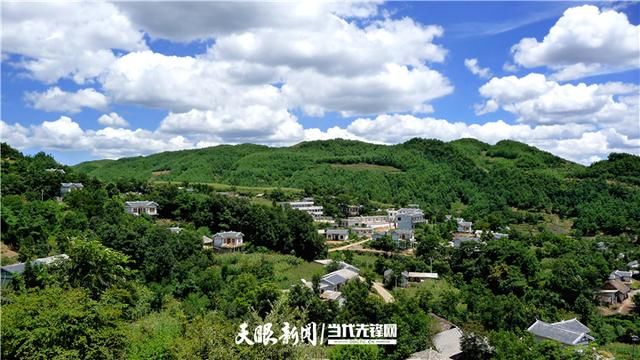
Now Puffin Village
The once barren land has also become fertile because of this forest. During these years of living with the villagers, I have seen the Puque Village, which used to have nothing, become an infrastructure such as water, electricity, roads, communications, and networks. A beautiful village with everything.
The villagers grow Chinese medicinal materials, edible fungi and other industries under the forest, and also set up tourism companies, establish party spirit education bases, and develop tourism homestays. The villagers have eaten “tourism meals”.
I grew up here with the woods and grew strong together, and once I couldn’t fly out of Puffin Village. Today, I’m flying high with Puffin Village.
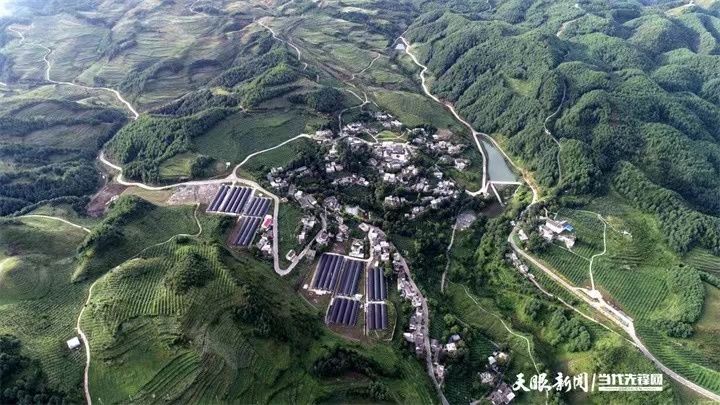
Lush Puffin Village. Photo by Feng Xiangqing, reporter from Tianyan News of Guizhou Daily
On November 7, 2021, Puque Village passed the general election of the party branch, and Wen Junfu was elected as the new party branch secretary of Puque Village. He will continue the career of his grandfather Wen Chaorong and make this Puque like me Keep flying.

Wen Chaorong’s grandson, Wen Junfu, is patrolling the mountains with forest rangers. Jacky Lee/Photo
This year, Wen Zhengyou, a deputy to the National People’s Congress, proposed to plan the construction of the Hezhang-Yiliang (Guizhou-Dianbian) expressway, and incorporate the Hezhang-Yiliang (Guizhou-Dianjie) expressway into the national or provincial expressway network construction Planning, “This is an urgent need for the development of characteristic tourism and Yelang ancient culture, and at the same time, it provides a strong guarantee for Hezhang’s rural revitalization and economic and social leapfrog development.”
For more than 30 years, the Puque Village has been renovated. I stood on the tree planted by the old secretary Wen Chaorong, as if he was standing under the tree, looking at the better and better Puque Village in the green mountains and green waters.
[Afterword]
People live up to the green hills, and the green hills will certainly live up to the people. Over the years, thanks to the efforts of three generations of Puque Village, there used to be only 3 bowls for 4 people, and the villagers lived in shabby houses with air and rain, and the per capita annual income was only 33 yuan. village out of poverty. By 2021, the per capita disposable income has reached 18,633 yuan.
The forest sea also brought huge benefits to Puque Village.
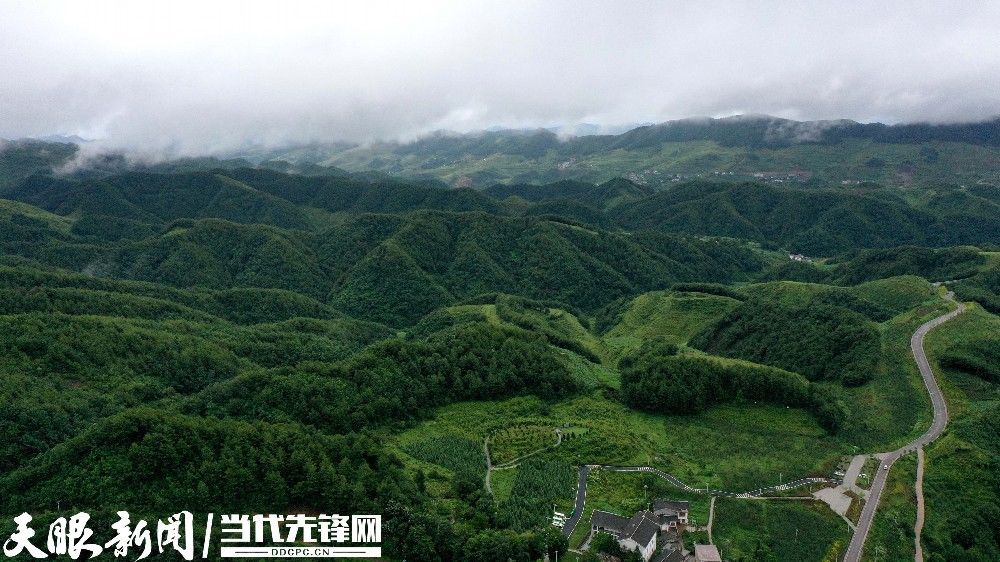
The 10,000-acre forest and sea in Puque Village rippling with blue waves
From 2002 to 2019, Puque Village returned farmland to forest with a subsidy of 300 catties of grain per mu each year, and included forest rangers in public welfare positions; in 2020, the return of farmland to forest ended, the national reserve forest subsidy, carbon sink forest “selling air” “The new policy has brought new benefits to Puque Village.
In 2022, Puque Village won the second “Forestry Carbon Ticket” in Guizhou Province, which is the first collective forest carbon ticket issued after the province’s first state-owned forest carbon ticket obtained by Qianxi City.
According to the calculation of the Forestry Carbon Sink Research Center of the Provincial Academy of Forestry, the forestry carbon ticket of Puque Village involves a forest area of 7346.5 mu, mainly Huashan pine, and the carbon dioxide emission reduction of this forest from 2016 to 2020 is 34627.7 tons . Based on the average unit price of 30 yuan per ton of carbon sink transactions from 2020 to 2021, the estimated carbon sink value of this carbon ticket is about 1.04 million yuan, which can increase the average income of 229 households in Puque Village by about 4,500 yuan.

A corner of Puffin Village. Photo by Wang Xing
In addition, Puque Village is also a pilot project for targeted poverty alleviation per plant in Guizhou Province. Each household participating in the per plant carbon sink project earns 1,350 yuan per year. The village has a total of 22,500 trees participating in the per plant carbon sink project, with a total annual income of 67,500 yuan.
In 2021, owners of 18 homestays in Puque Village will participate in a total of 213,600 yuan in dividends, with an average dividend of 11,800 yuan per household. The village-level collective economic income increased by nearly 500,000 yuan.
Guizhou Daily Sky Eye News reporter Chen Zujia
Poster Design Nie Jingwen
Editor Li Juan
Second trial Liu Juan
Third trial Tian Minjia